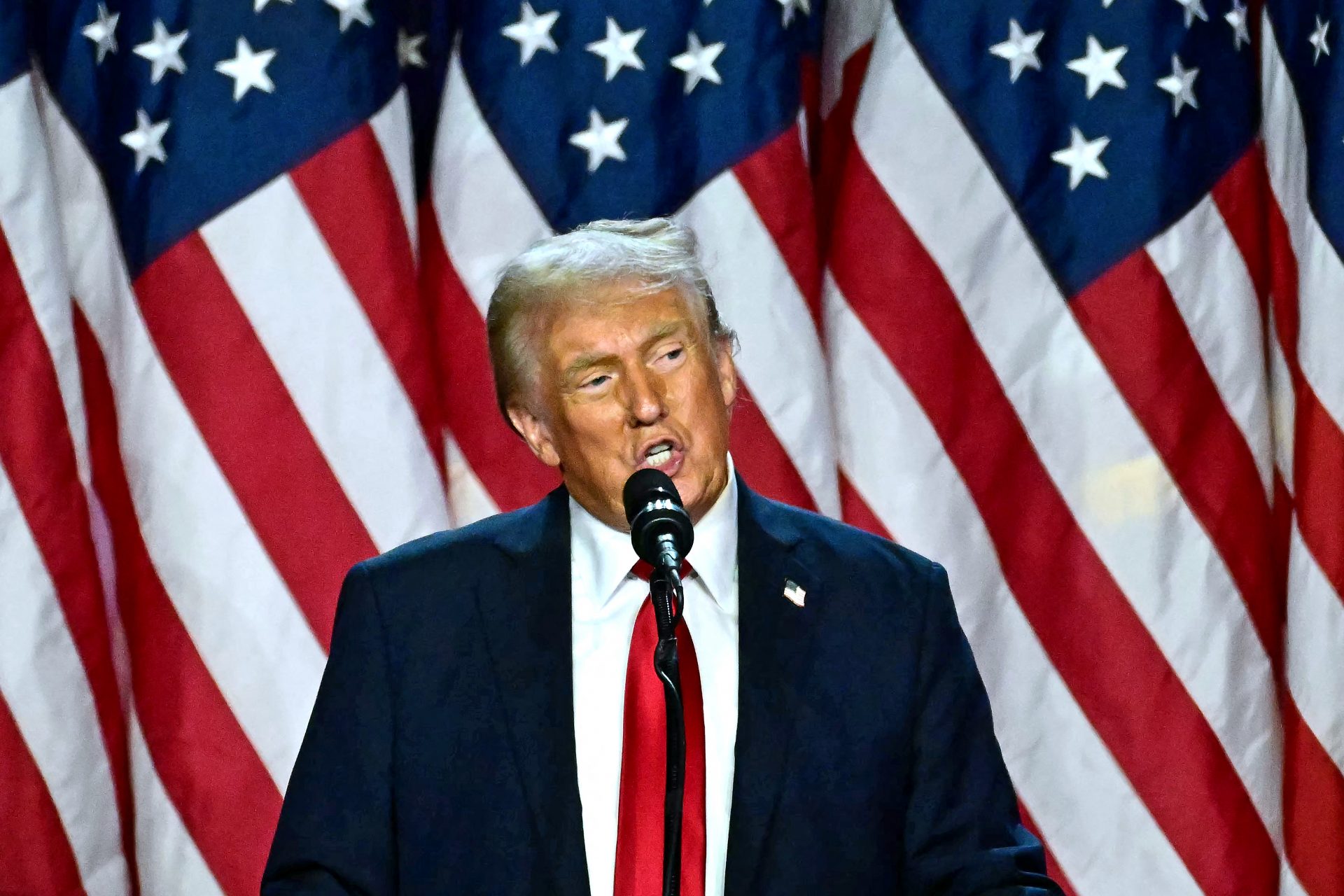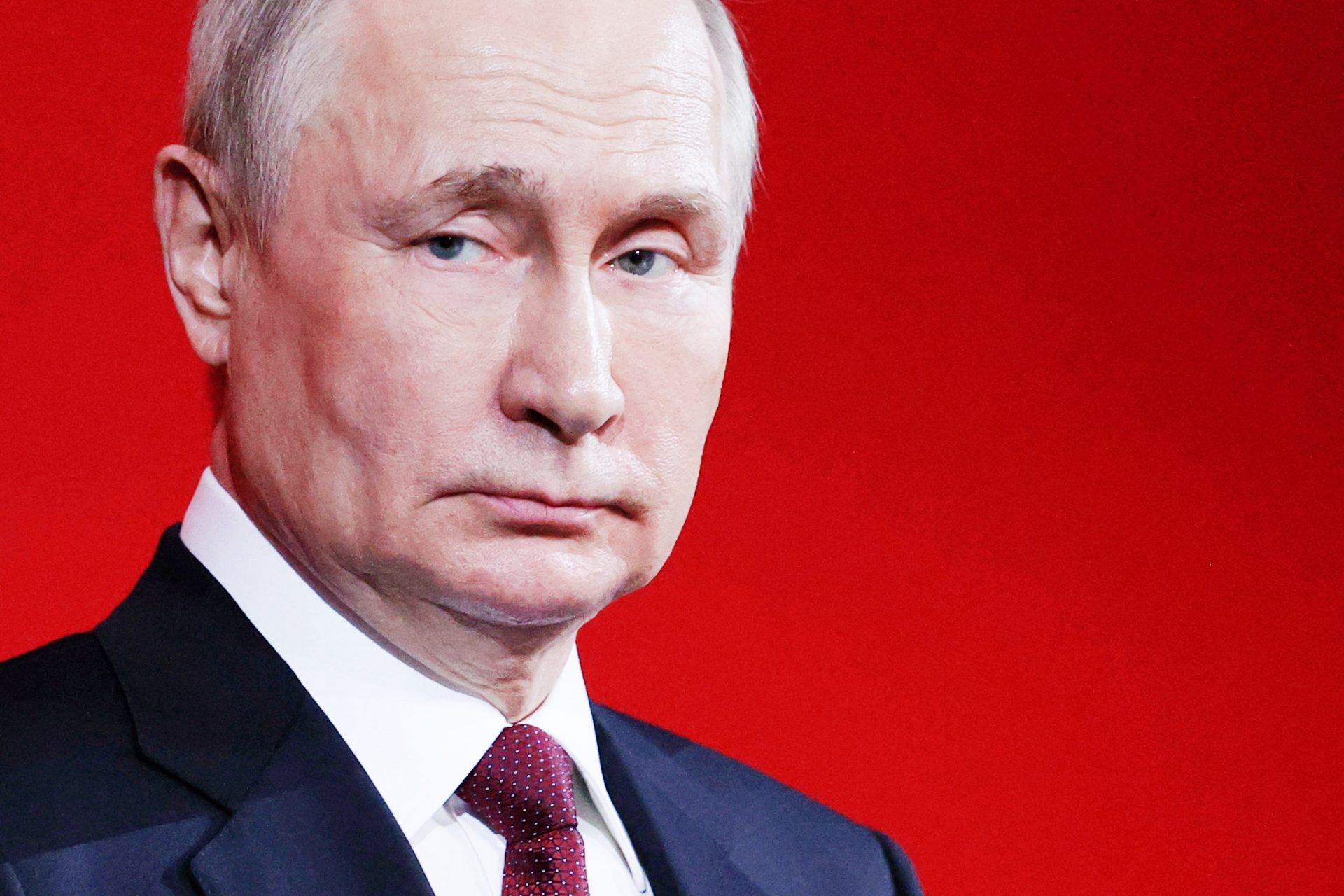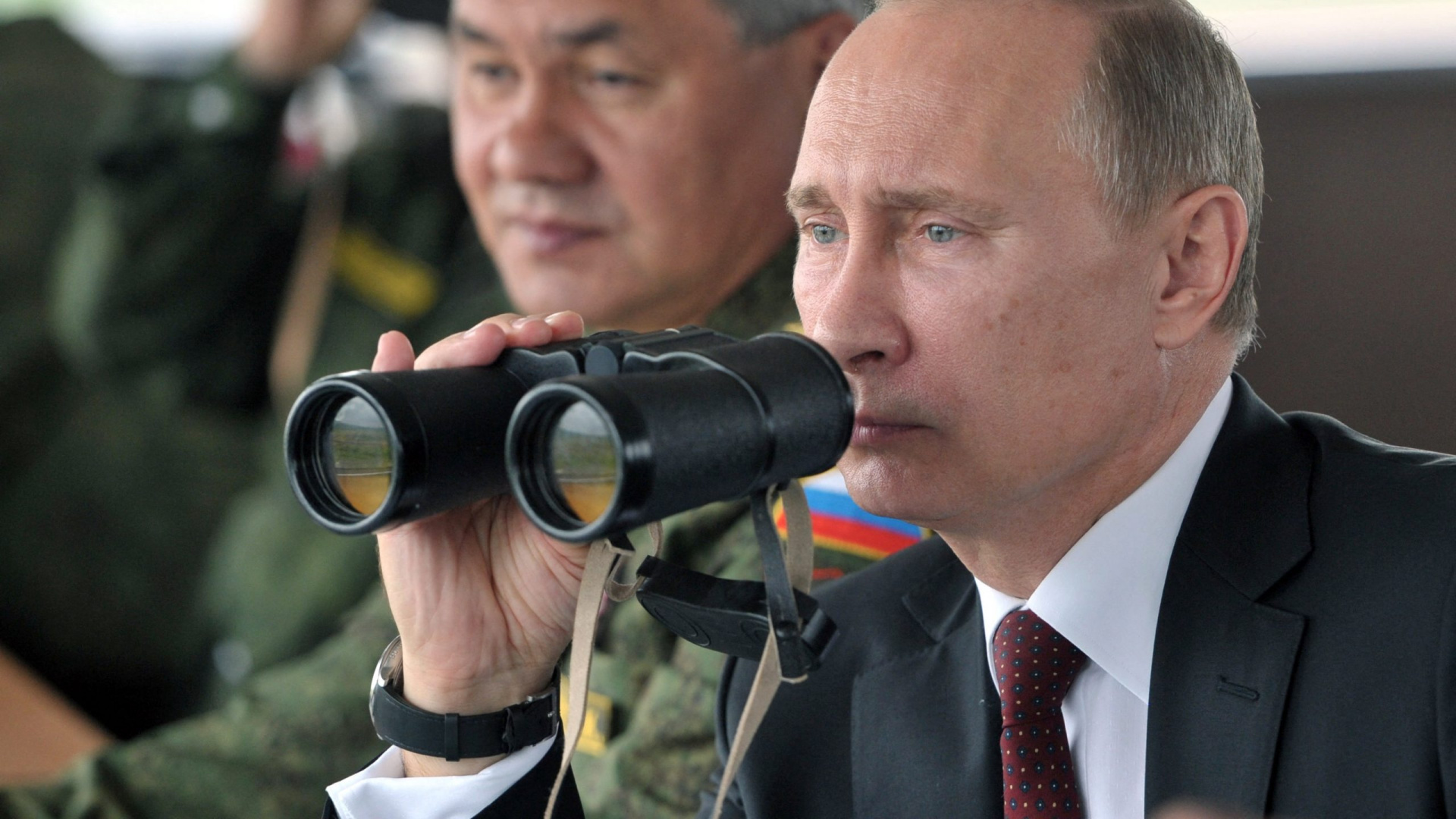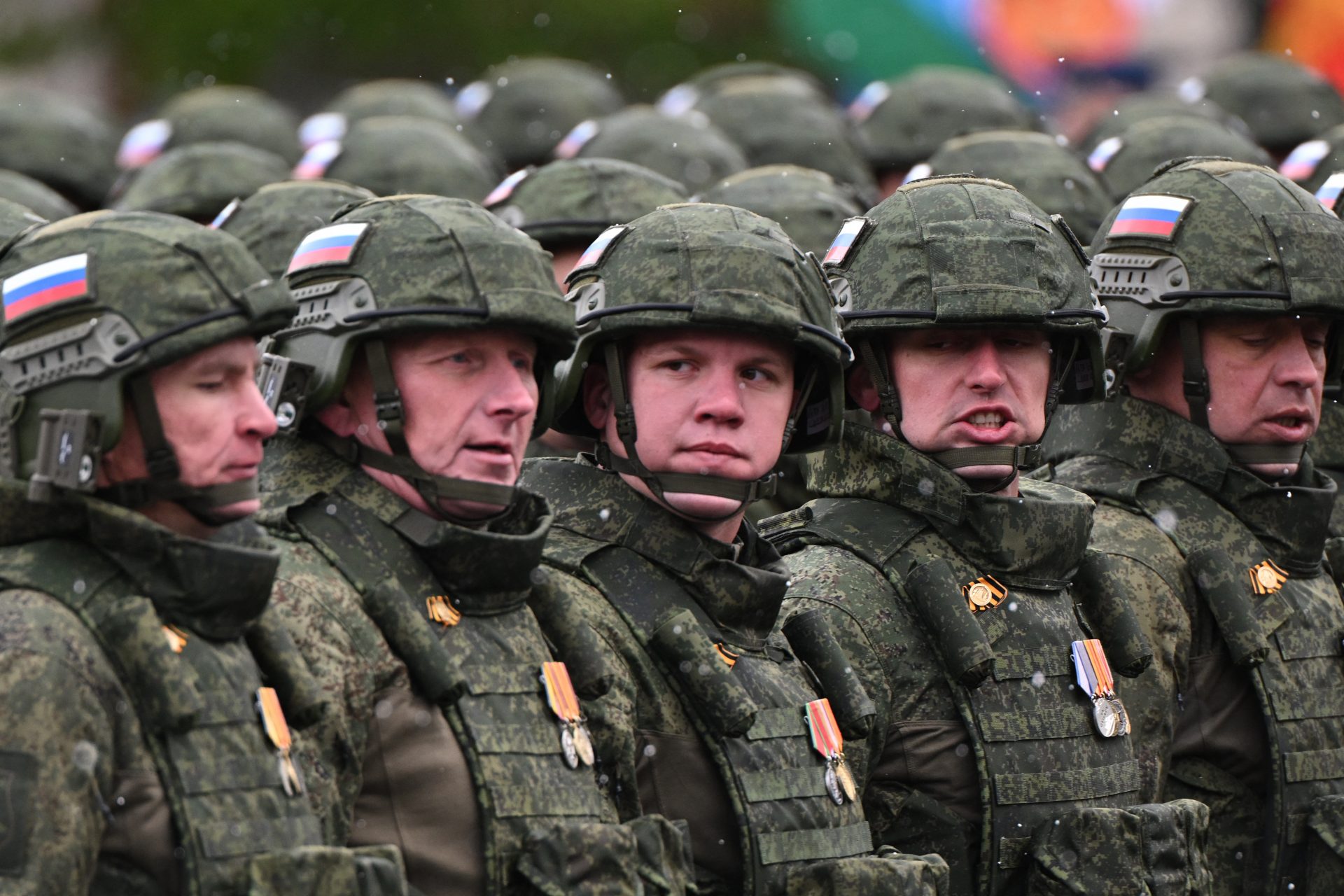Putin cancels key Moldovan sovereignty decree amid revelation of planned coup
Vladimir Putin has canceled a key Kremlin commitment to Moldavan sovereignty just one week after the country’s president accused the Russian dictator of plotting a coup.
On February 21st, Putin revoked the 2012 decree, On Measures for the Implementation of Foreign Policy of the Russian Federation, an important document that was part of a larger rapprochement process intended to bring Moscow closer to the West.
Buried in the 2012 decree was an important section that addressed Moldova’s Transnistrian separatist crises, one that committed Moscow to work towards a resolution that respected Moldova’s “sovereignty” and “territorial integrity.”
The order revoking the decree was published by the Kremlin on its website and gave the “profound changes taking place in international relations” as the reason why Russia was backing away from the commitments it made in 2012.
The move to revoke Putin’s promise to respect Moldovan sovereignty came just weeks after Russia was accused of planning a coup in Moldova.
On February 13th, Moldovan President Maia Sandu accused Putin and the Russian state of plotting a coup in her country, one that aimed to use protestors from the “so-called opposition” to “overthrow the constitutional order.”
“Through violent actions, masked under protests of the so-called opposition, the change of power in Chisinau would be forced,” the Moldovan President said.
"In carrying out the plan, the authors rely on several internal forces, but especially on criminal groups such as the Shor formation and all of its derivatives," Sandu added.
Documents revealing the planned Russian coup in Moldova were allegedly leaked to Sandu by the Ukranian government, which had intercepted the plans and disclosed their existence to the world at an EU summit in Brussels.
“I have informed [President Sandu] that we have intercepted the plan of the destruction of Moldova by the Russian intelligence,” Ukrainian President Volodymyr Zelenskyy told representatives of the European Union’s member states.
Russian Foreign Ministry spokesperson Maria Zakharova was quick to denounce Sandu's accusations in a statement, calling them “completely unfounded and unsubstantiated.”
"Unlike Western countries and Ukraine, we do not interfere in the internal affairs of Moldova and other countries of the world," Zakharova added.
Zakharova accused Kyiv of attempting to sew tension between Russia and Moldova in order to bring Chisinau "into a tough confrontation with Russia."
"Russia does not pose a threat to the security of the Republic of Moldova," the Russian Foreign Ministry’s statement concluded. But was Zakharova really telling the truth?
Since the alleged plan to topple Moldova’s democratically elected government was revealed, the country has been hit by a wave of protests organized by a group affiliated with “Moldova’s Russia-friendly Shor Party,” according to France 24.
“Some of the demonstrators who converged on Chisinau called for the resignation of the country's president, chanting 'Down with Maia Sandu!',” France 24 added, which seems to be the very thing Sandu warned about on February 13th.
More for you
Top Stories





























